Dates are a delicious and versatile fruit that has been enjoyed for centuries. With a rich history and a variety of health benefits, dates are a popular ingredient in many cuisines around the world. One common debate among date enthusiasts is the difference between dry dates and soft dates. Both types have their own unique characteristics and uses, making them suitable for different culinary applications. Dry dates, also known as “black dates” or “chhoare,” are dates that have been allowed to ripen on the tree and then dried under the sun. The drying process removes most of the moisture content from the fruit, resulting in a chewy and wrinkled texture.
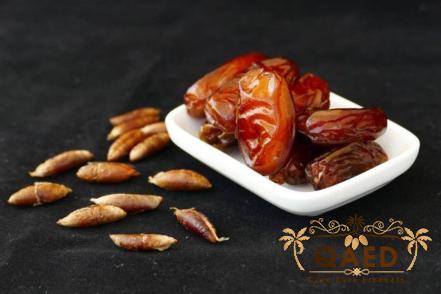
.
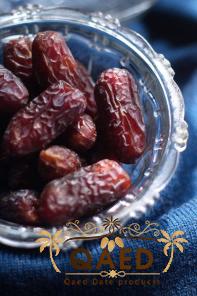 Dry dates have a darker appearance compared to soft dates and are often sweeter and more concentrated in flavor. They are commonly used in baking, cooking, and as a natural sweetener in various dishes. One of the key benefits of dry dates is their long shelf life. Due to their low moisture content, dry dates have a longer storage time compared to soft dates. This makes them a convenient pantry staple for those looking to incorporate the sweet and nutty flavor of dates into their cooking on a regular basis. Dry dates are also a great source of dietary fiber, vitamins, and minerals, making them a nutritious addition to your diet. Soft dates, on the other hand, are dates that are harvested when they are ripe and still moist. These dates have a softer texture and a plump appearance, with a higher moisture content compared to dry dates. Soft dates are often referred to as “feshkari” or “yellow dates” due to their lighter color. They have a milder and less intense flavor compared to dry dates, making them a popular choice for snacking or eating on their own. One of the main advantages of soft dates is their natural sweetness and juiciness. The higher moisture content in soft dates gives them a luscious and succulent texture that is perfect for enjoying as a healthy snack or dessert. Soft dates are also commonly used in sweet treats such as energy bars, smoothies, and date-based desserts due to their soft and creamy consistency.
Dry dates have a darker appearance compared to soft dates and are often sweeter and more concentrated in flavor. They are commonly used in baking, cooking, and as a natural sweetener in various dishes. One of the key benefits of dry dates is their long shelf life. Due to their low moisture content, dry dates have a longer storage time compared to soft dates. This makes them a convenient pantry staple for those looking to incorporate the sweet and nutty flavor of dates into their cooking on a regular basis. Dry dates are also a great source of dietary fiber, vitamins, and minerals, making them a nutritious addition to your diet. Soft dates, on the other hand, are dates that are harvested when they are ripe and still moist. These dates have a softer texture and a plump appearance, with a higher moisture content compared to dry dates. Soft dates are often referred to as “feshkari” or “yellow dates” due to their lighter color. They have a milder and less intense flavor compared to dry dates, making them a popular choice for snacking or eating on their own. One of the main advantages of soft dates is their natural sweetness and juiciness. The higher moisture content in soft dates gives them a luscious and succulent texture that is perfect for enjoying as a healthy snack or dessert. Soft dates are also commonly used in sweet treats such as energy bars, smoothies, and date-based desserts due to their soft and creamy consistency.
..
When it comes to cooking and baking, both dry dates and soft dates have their own unique benefits. Dry dates are ideal for recipes that require a more concentrated sweetness and a chewy texture, such as date bars, cookies, and energy balls. Their intense flavor profile can add depth and richness to a wide range of dishes, from savory tagines to sweet puddings. On the other hand, soft dates are perfect for recipes that call for a softer and moister texture, such as date paste, caramel sauce, and date syrup. The natural sweetness and juiciness of soft dates lend a smooth and creamy consistency to desserts and baked goods, making them a versatile ingredient in the kitchen. In conclusion, both dry dates and soft dates have their own unique characteristics and uses in cooking and baking. Whether you prefer the intense sweetness and chewy texture of dry dates or the soft and juicy consistency of soft dates, both varieties offer a delicious way to enjoy the natural goodness of dates. Experiment with different recipes and cooking techniques to discover the versatile flavors and textures that dry dates and soft dates can bring to your culinary creations. When it comes to choosing between dry dates and soft dates, it ultimately depends on the flavor and texture profile you are looking for in your dishes. Dry dates are perfect for adding a rich and intense sweetness to your recipes, while soft dates offer a luscious and juicy touch that enhances the overall texture of your dishes. For those looking to incorporate dates into their diet for their health benefits, both dry dates and soft dates offer a range of nutrients that can boost your well-being. Dates are a good source of fiber, vitamins, and minerals such as potassium, magnesium, and iron.
…
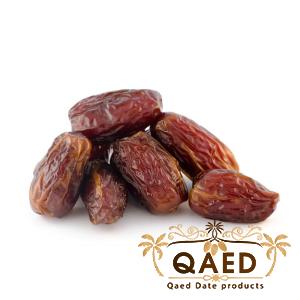 They are also rich in antioxidants, which can help protect your cells from damage and reduce inflammation in the body. Whether you choose to enjoy dry dates as a sweet and chewy snack or use soft dates to create creamy and decadent desserts, incorporating dates into your diet is a delicious way to take advantage of their nutritional benefits. Dates are also a natural sweetener that can be used as a healthier alternative to refined sugar in your recipes, helping you maintain a balanced diet while satisfying your sweet tooth. In addition to their culinary uses, dates have been traditionally used in various cultures for their medicinal properties. Dates are believed to have digestive benefits, aid in relieving constipation, and provide a natural energy boost due to their high carbohydrate content. They are also considered a natural aphrodisiac in some cultures, with the potential to enhance libido and sexual performance. When it comes to buying dates, it’s important to choose high-quality dates that are fresh and free from chemical additives or preservatives. Look for dates that are plump, shiny, and have a uniform color, as these are indicators of freshness. Whether you prefer dry dates or soft dates, make sure to store them properly in a cool, dry place to preserve their flavor and texture for longer. In conclusion, the debate between dry dates and soft dates ultimately comes down to personal preference and the specific culinary applications you have in mind. Both types of dates offer unique flavors and textures that can enhance a wide range of dishes, from sweet desserts to savory entrees. Experiment with different recipes and cooking techniques to discover the versatility and deliciousness that dry dates and soft dates can bring to your kitchen. So next time you’re shopping for dates or planning a new recipe, consider the characteristics of dry dates and soft dates to determine which variety best suits your culinary needs. Whichever type you choose, you can rest assured that dates are a wholesome and nutritious fruit that can elevate the flavor and quality of your dishes. Embrace the natural sweetness and richness of dates in your cooking and baking, and enjoy the delightful burst of flavor they bring to your meals.
They are also rich in antioxidants, which can help protect your cells from damage and reduce inflammation in the body. Whether you choose to enjoy dry dates as a sweet and chewy snack or use soft dates to create creamy and decadent desserts, incorporating dates into your diet is a delicious way to take advantage of their nutritional benefits. Dates are also a natural sweetener that can be used as a healthier alternative to refined sugar in your recipes, helping you maintain a balanced diet while satisfying your sweet tooth. In addition to their culinary uses, dates have been traditionally used in various cultures for their medicinal properties. Dates are believed to have digestive benefits, aid in relieving constipation, and provide a natural energy boost due to their high carbohydrate content. They are also considered a natural aphrodisiac in some cultures, with the potential to enhance libido and sexual performance. When it comes to buying dates, it’s important to choose high-quality dates that are fresh and free from chemical additives or preservatives. Look for dates that are plump, shiny, and have a uniform color, as these are indicators of freshness. Whether you prefer dry dates or soft dates, make sure to store them properly in a cool, dry place to preserve their flavor and texture for longer. In conclusion, the debate between dry dates and soft dates ultimately comes down to personal preference and the specific culinary applications you have in mind. Both types of dates offer unique flavors and textures that can enhance a wide range of dishes, from sweet desserts to savory entrees. Experiment with different recipes and cooking techniques to discover the versatility and deliciousness that dry dates and soft dates can bring to your kitchen. So next time you’re shopping for dates or planning a new recipe, consider the characteristics of dry dates and soft dates to determine which variety best suits your culinary needs. Whichever type you choose, you can rest assured that dates are a wholesome and nutritious fruit that can elevate the flavor and quality of your dishes. Embrace the natural sweetness and richness of dates in your cooking and baking, and enjoy the delightful burst of flavor they bring to your meals.

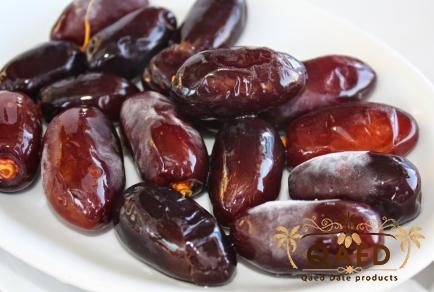
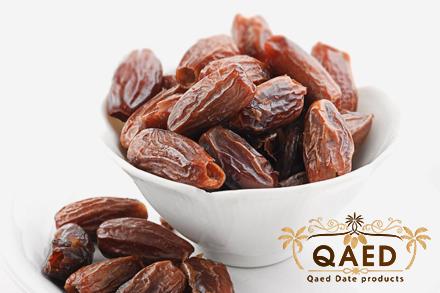
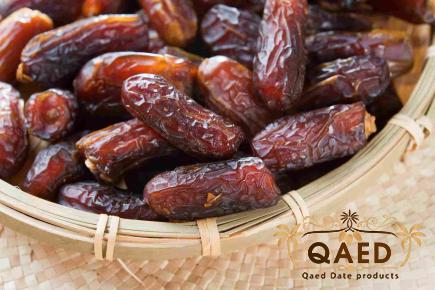
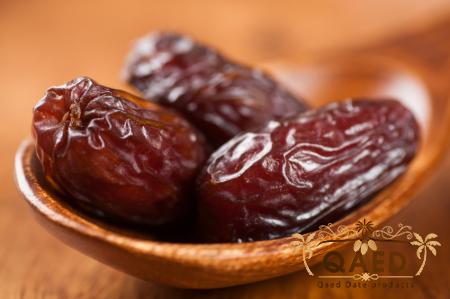
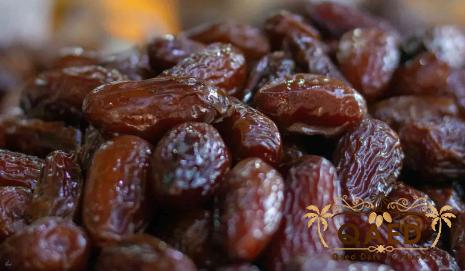
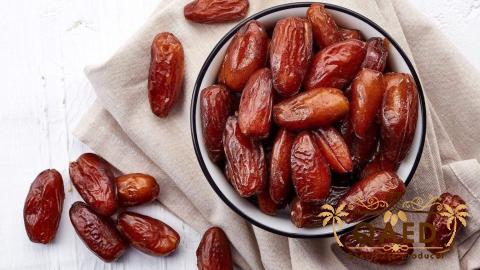
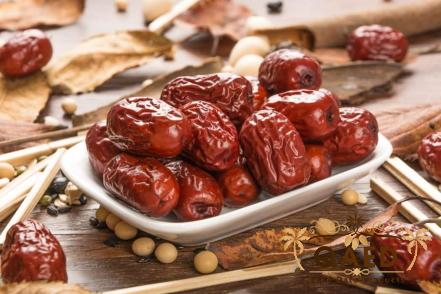
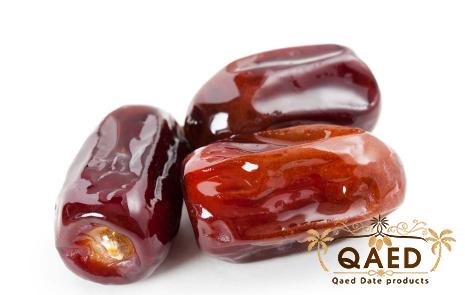
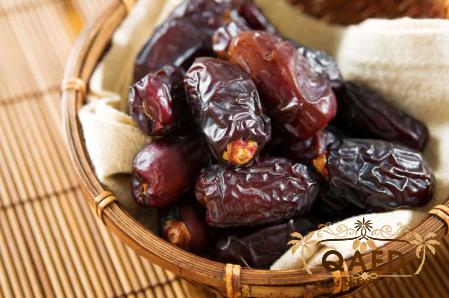
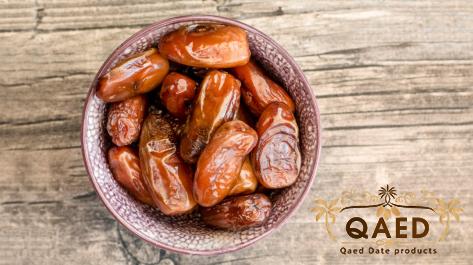
Your comment submitted.